
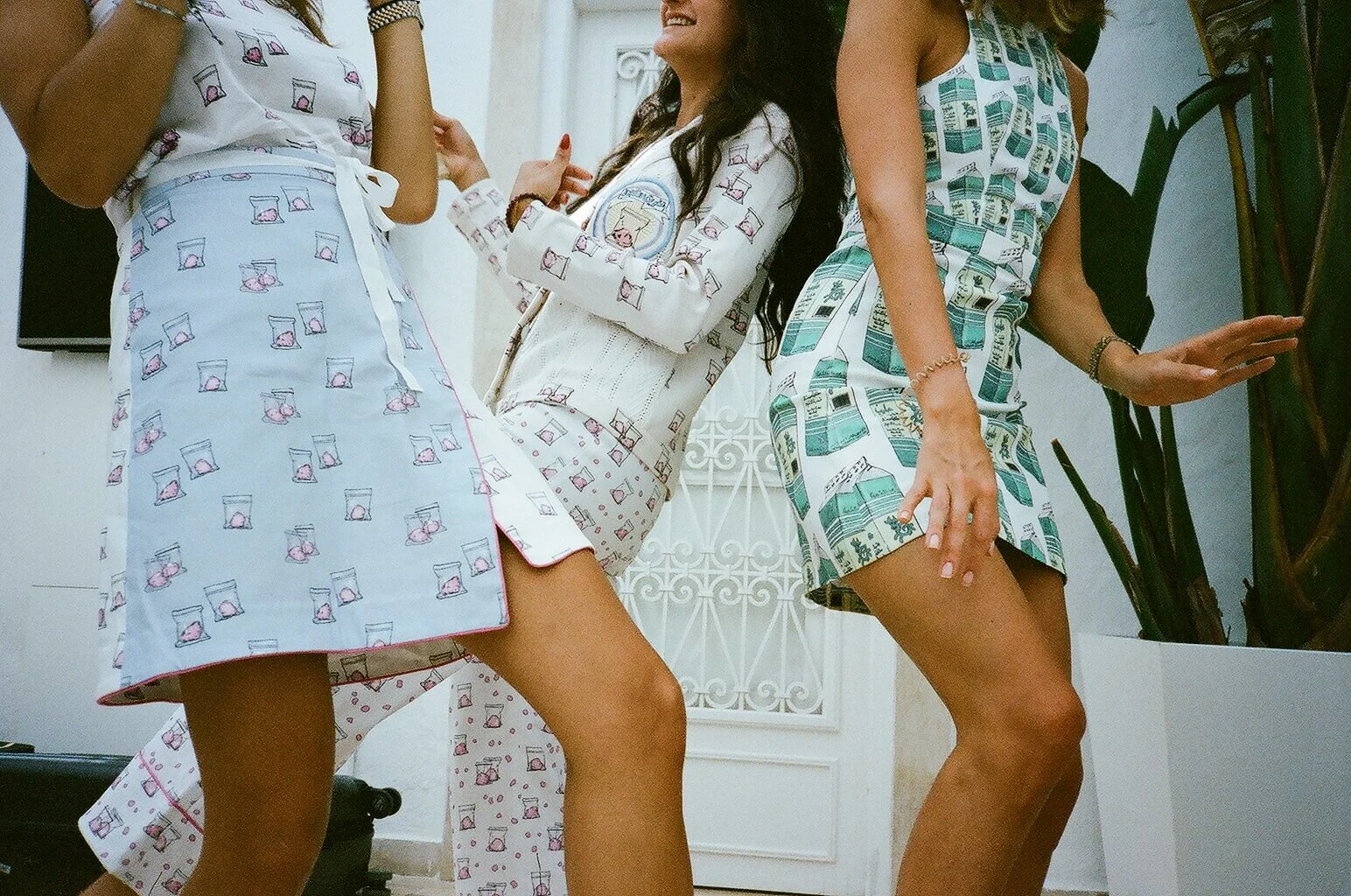
Perhaps partly in response to the reductive stereotypes surrounding the Middle East and its diaspora, young Arabs the world over are taking it upon themselves to express the many nuances of their realities. Here, Alya Mooro, author of the forthcoming book The Greater Freedom: Life as a Middle Eastern Woman Outside the Stereotypes, meets Jordanian fashion designer Tania Haddad to talk local inspiration and changing the narrative.
Jordanian born Tania Haddad is the founder of conscious fashion brand Tania George. Inspired by her hometown and produced in Jordan in partnership with Arab tailors, shot by Arab photographers and modelled by Arab models, the brand is in many ways a love letter to Jordan, and to the Middle East more broadly.
In meeting Tania, who arrives to our interview on a sunny London day clad in a pair of printed cotton candy pants from her latest collection and a loose t-shirt, it is clear that her brand is very much an extension of herself. “Whatever I do, I like it to come from the heart, so if I really believe in it, if it’s something missing from my closet or moving me from the inside, it has to be done,” she explains, while sipping on her latte.
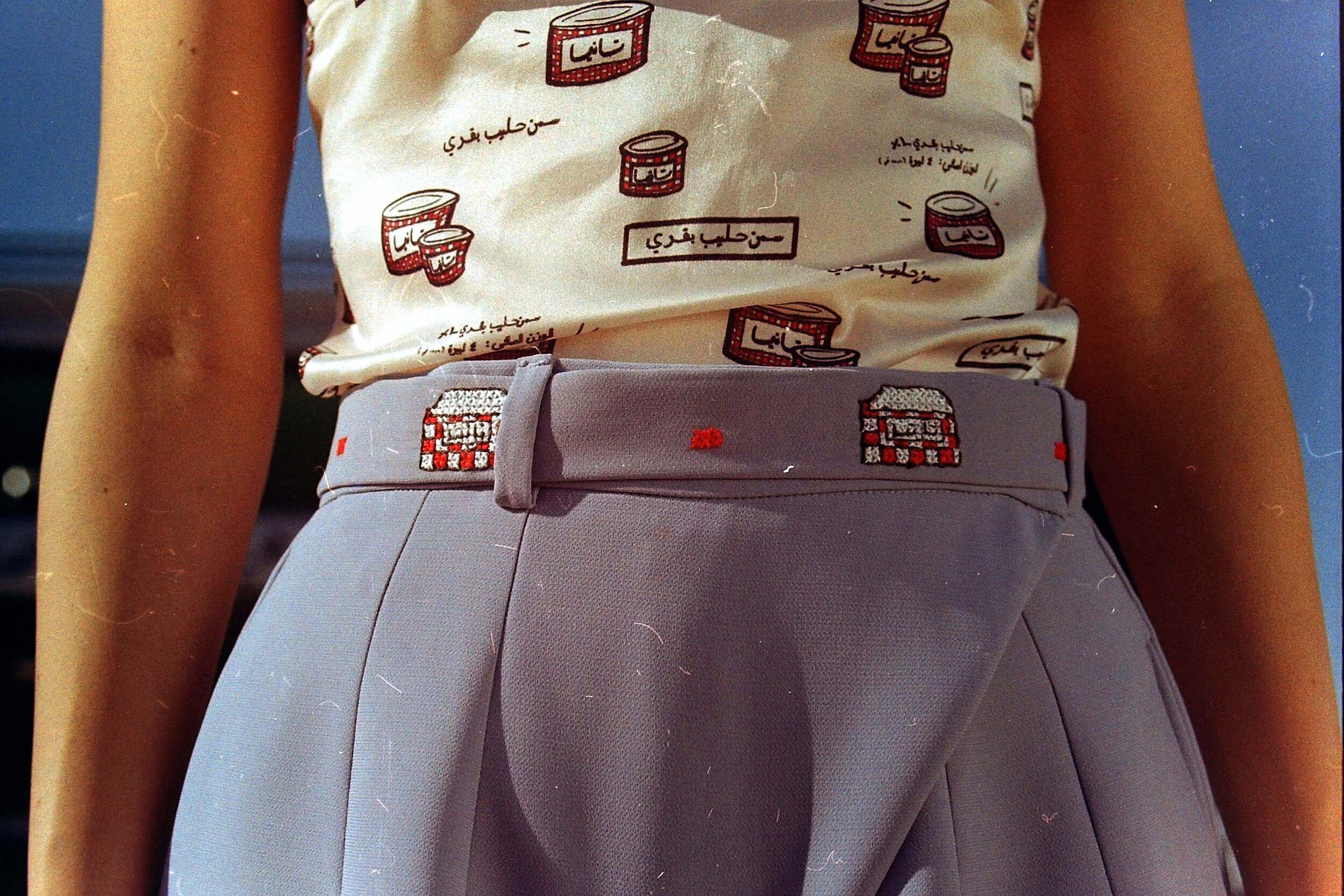
In 2013, after graduating from the Polimoda Fashion Institute in Florence, followed by work experience at the famous Italian textile design producer Stamparia Fiorentina in Prato and Tibi in New York, Tania moved back to Jordan with a mind to continue applying for jobs and visas abroad. But after seeing her hometown with new eyes, and with some encouragement from her sister, she was inspired to create her colorful, nostalgia drenched eponymous brand.
“When I moved back I was unemployed for a while so I started going on road trips and discovering Jordan and I was like, ‘wow’,” she says. “I was born and bred in Jordan and when I came back it was like visiting a new city or a new country. All of the things that I thought were ugly or dirty started to sparkle in my head.”
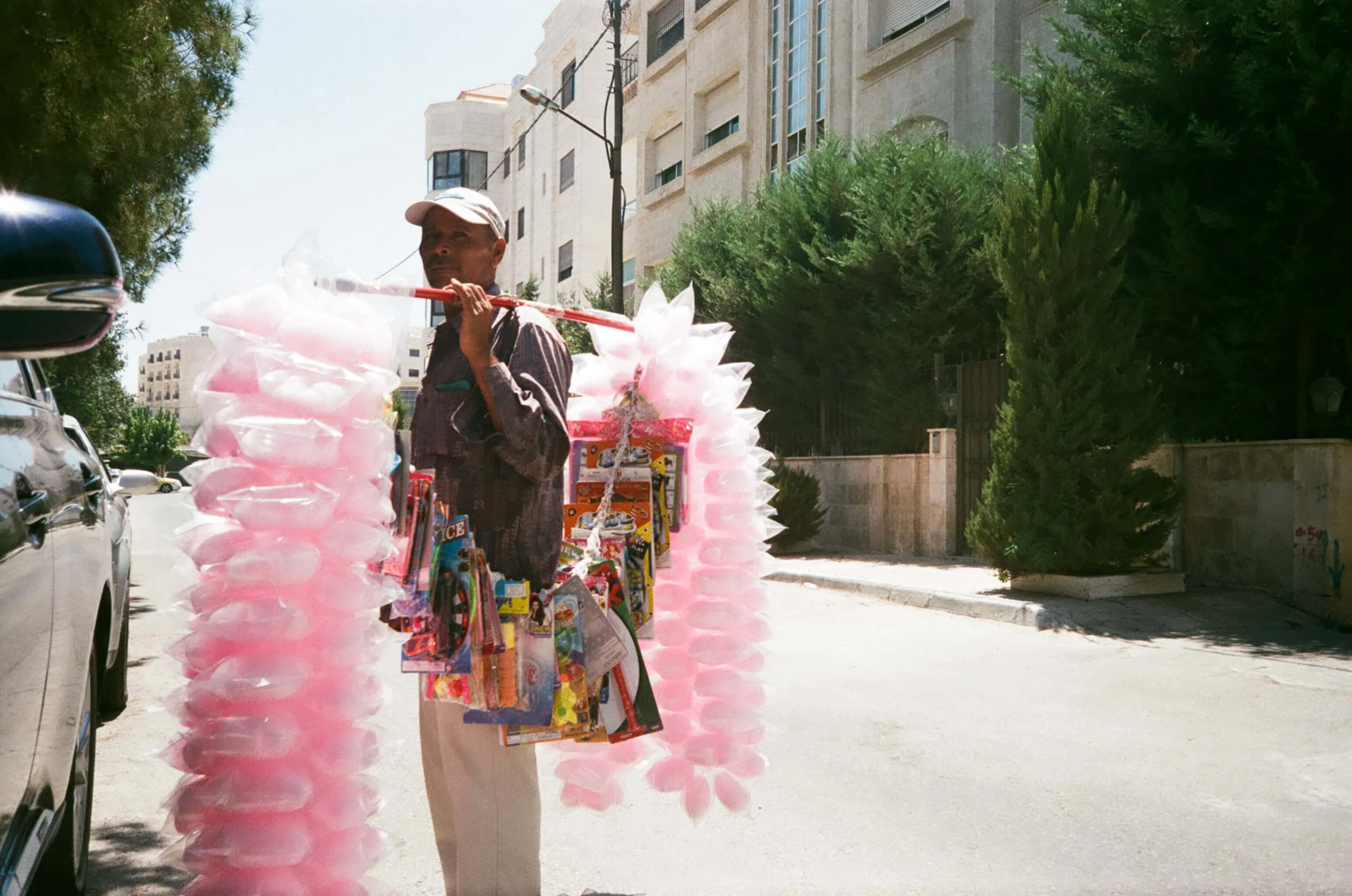
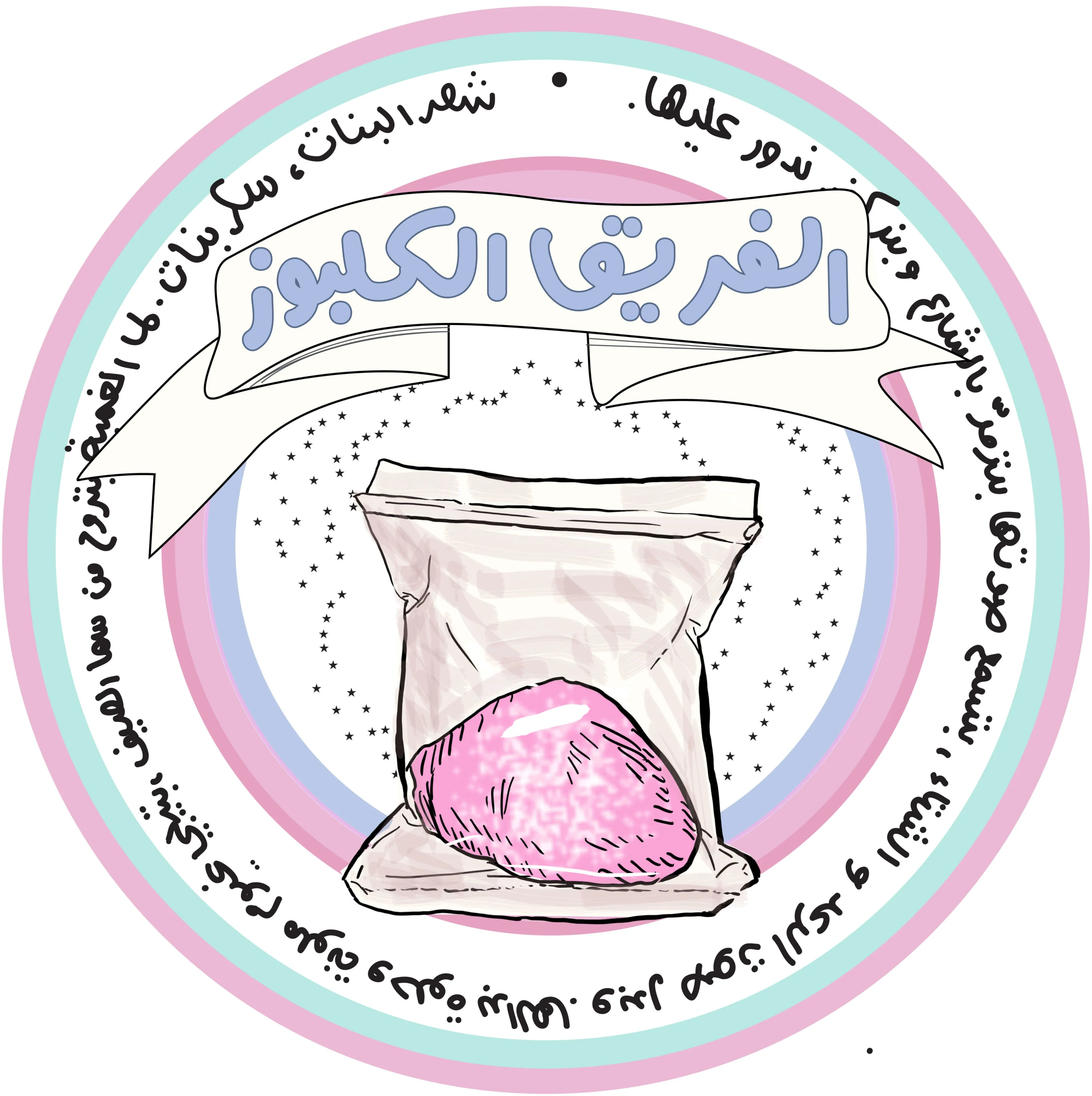
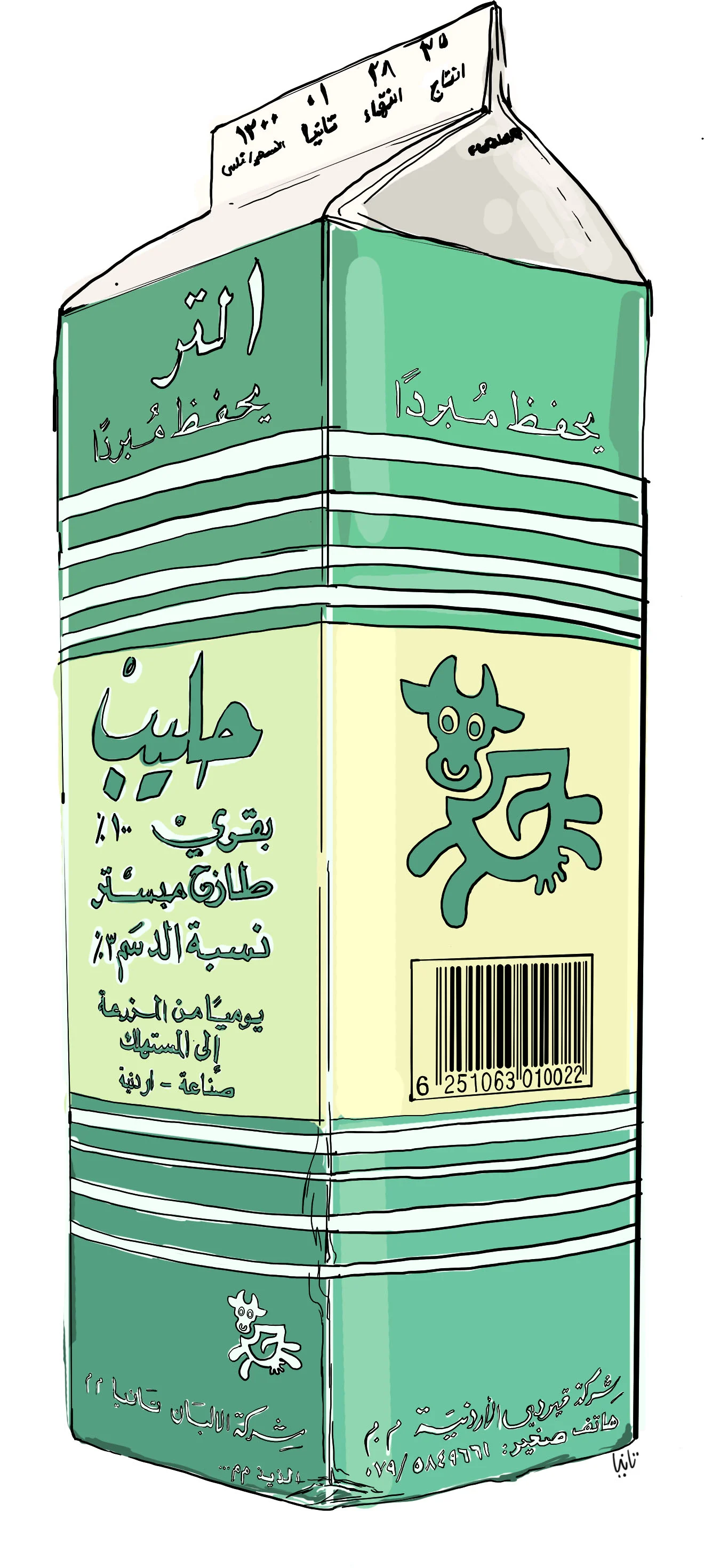

Whatever you’re seeing on the news is not us.
Her collections are thus inspired by things she would arguably previously not have given a second look. “The cotton candy is just something that I saw on the street and thought, ‘that’s my childhood!’ Or I was grocery shopping and I found a carton of old milk that I hadn’t seen for ages,”’ she explains, animatedly launching into a story about one of the first road trips she had taken upon her return.
“I drove past this little shop that was standing on its own. had painted it pink with this green zigzag and I fell in love with it. Later, I brought my friends and we did a shoot there and was so confused. He couldn’t understand what was so special about it. I guess for them, it’s every day, but for us it’s what’s special about our country, it’s what makes it what it is; the character and the charm that it has.”
“Whatever you’re seeing on the news is not us,” she says, when I ask her how important it is to tell our own stories, and provide our own narratives as Arab women. “Whenever somebody sees us they’re like, ‘oh you don’t look Arab‘ and I say, ‘what do I look like ? What does that even mean?’”
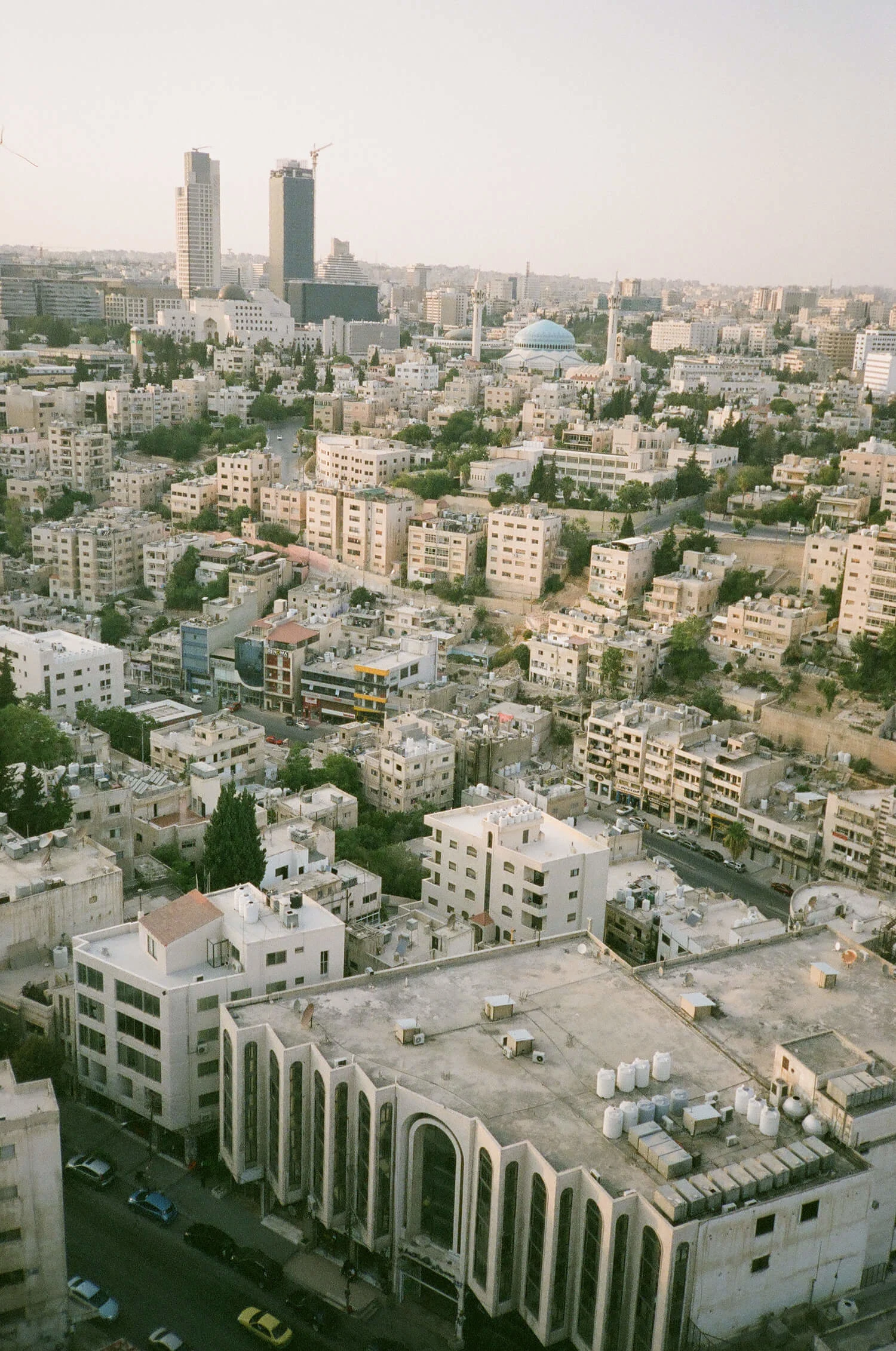
Her designs also debunk the tired stereotypes of what constitutes Arabic aesthetic. “I’m like, okay you want something Arabic? Here you go, here’s some cotton candy, here’s some popcorn. That is our culture but in a different way,” she says. “What I do is I document our daily life, and the everyday things that we see. That’s what I want to show people.
“Since I started the brand, I’ve been introducing Jordan to a lot of people,” she continues. “Just talking to them and telling them stories about how the gas truck goes around the streets playing Beethoven to tell people that there’s gas, or the picnics on Fridays on the side of the road instead of in a park. It’s these small things that are the building blocks of our culture.”
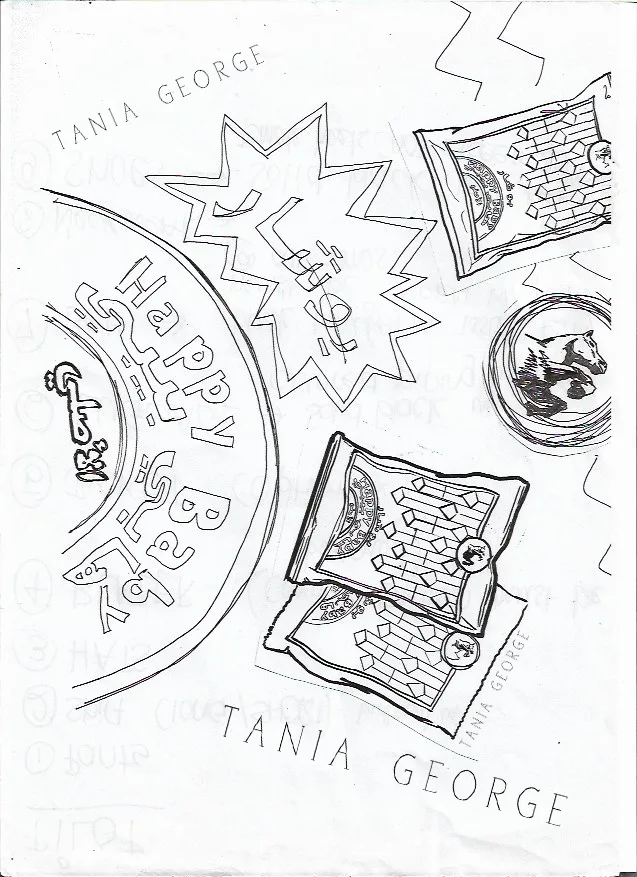
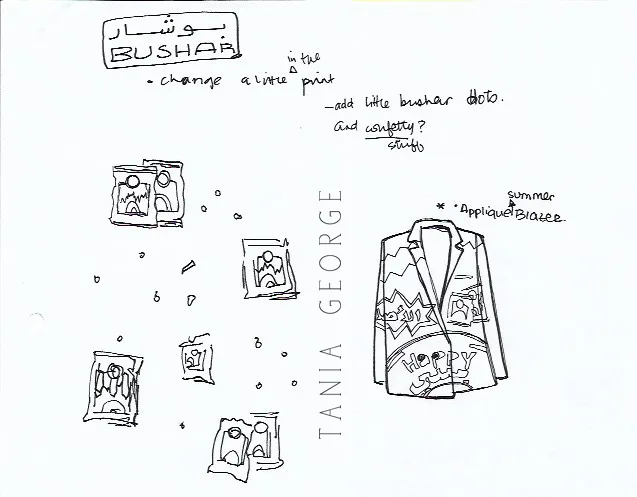
In truth, that Tania George is a love letter to its founder’s heritage is apparent in far more than just its inspirations. Tania emphasises the importance of working with Arab tailors direct from their homes, enabling them to provide for themselves and their families in ways that broaden their horizons and enrich their lives, as well as that of the resulting collection.
“The idea is for it to come from inside, from everyone working on this collection,” she explains. “When I’m working on my inspiration, it’s really coming from within and then once I’ve designed it and taken it to the tailor, it’s for them to understand what they’re creating - to be conscious of where it came from.”

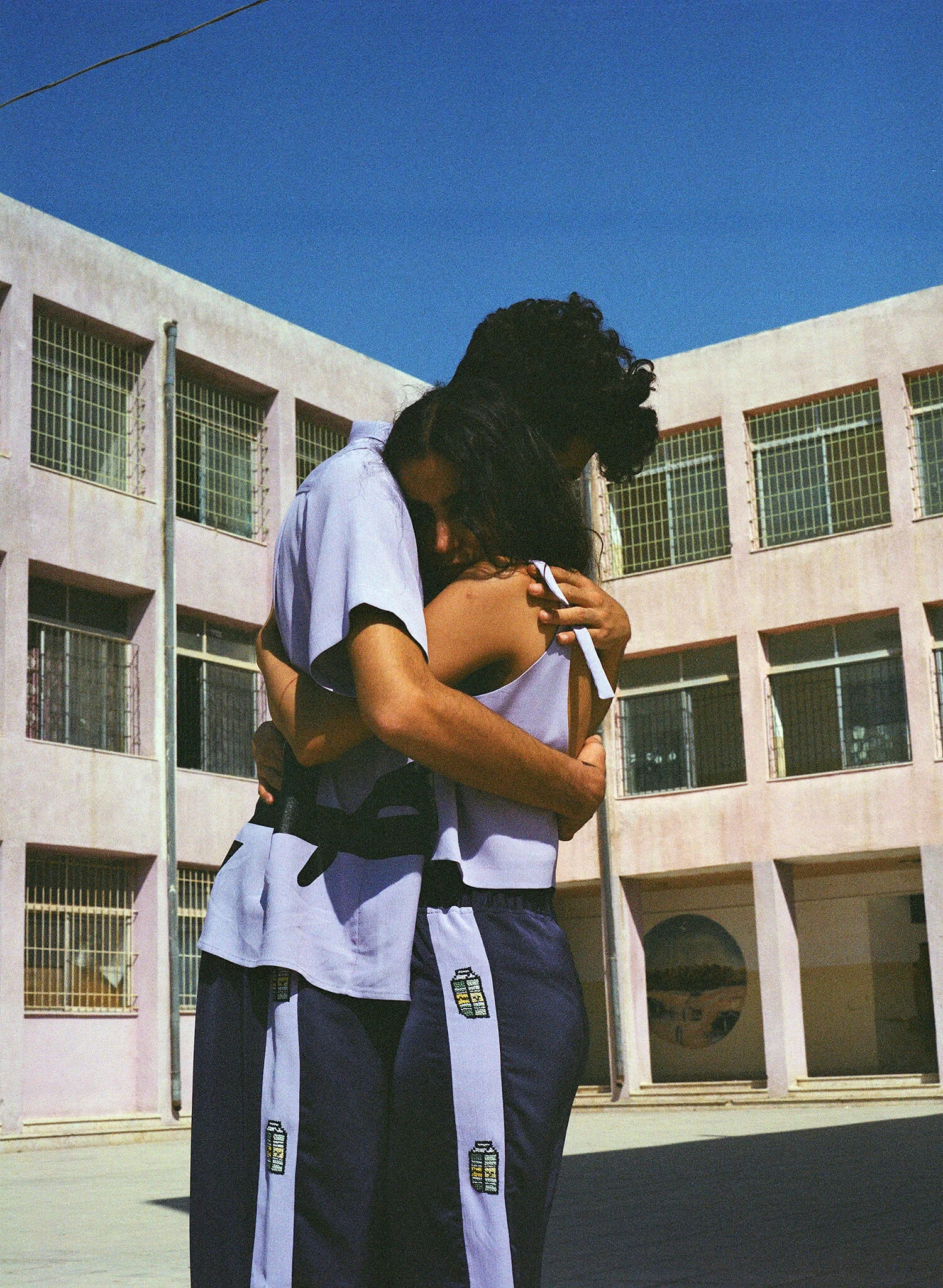
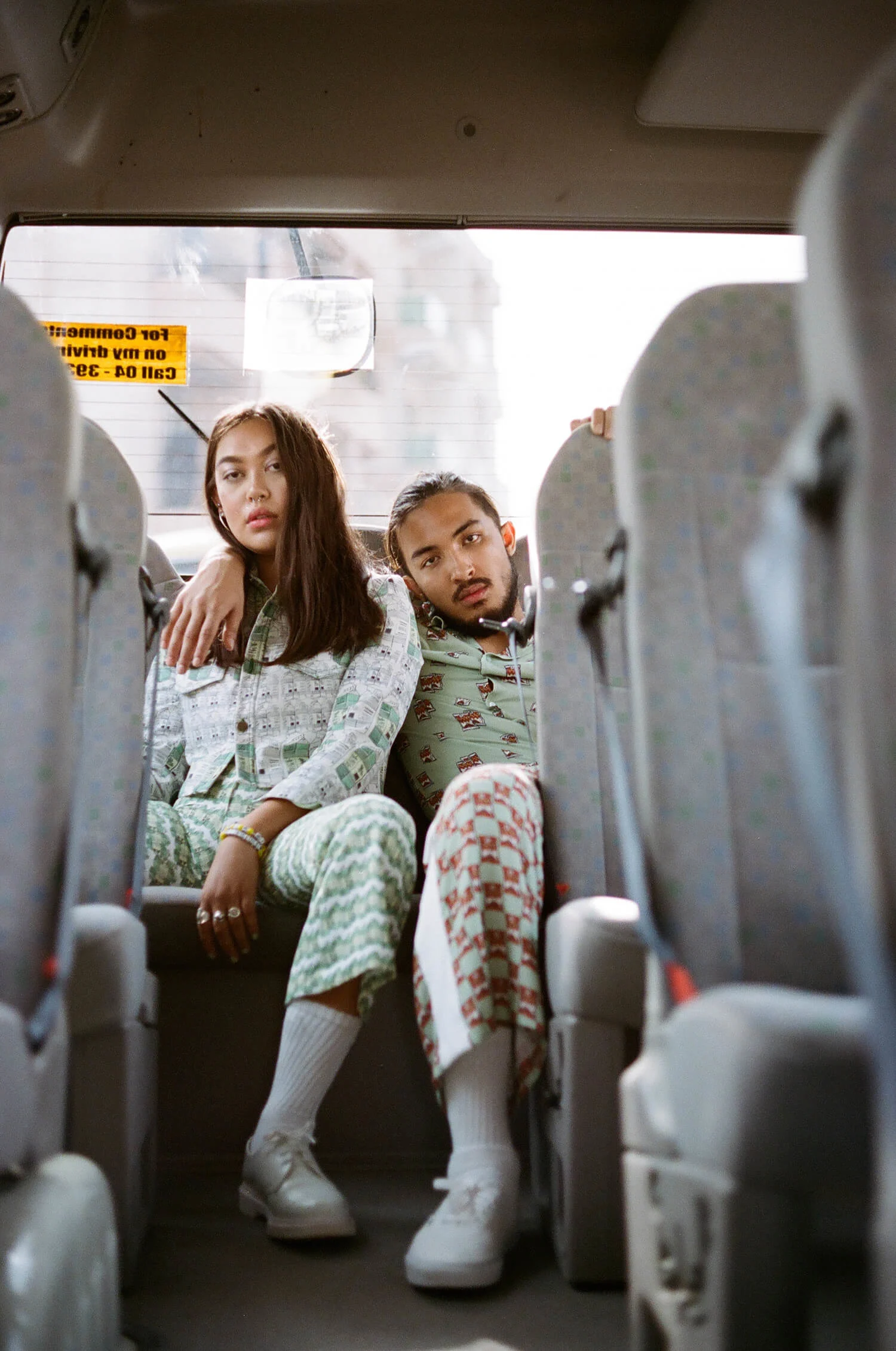

That the designs must be produced in Jordan by Arabs is the bedrock of Tania’s ethos, so much so that she’s open to adapting her designs to make sure that this is possible. “Whenever there’s anybody that I can work with, I see what they can do and how we can collaborate,” she explains. “It’s a lot of improvization.”
Having initially sourced tailors by putting signs up around Amman, many now come via word of mouth, and it’s clear that the relationships she has developed with the people she regularly works with – a 33-year-old Syrian refugee, an Iraqi woman and a Palestinian woman – are all ones borne of and characterised with care.
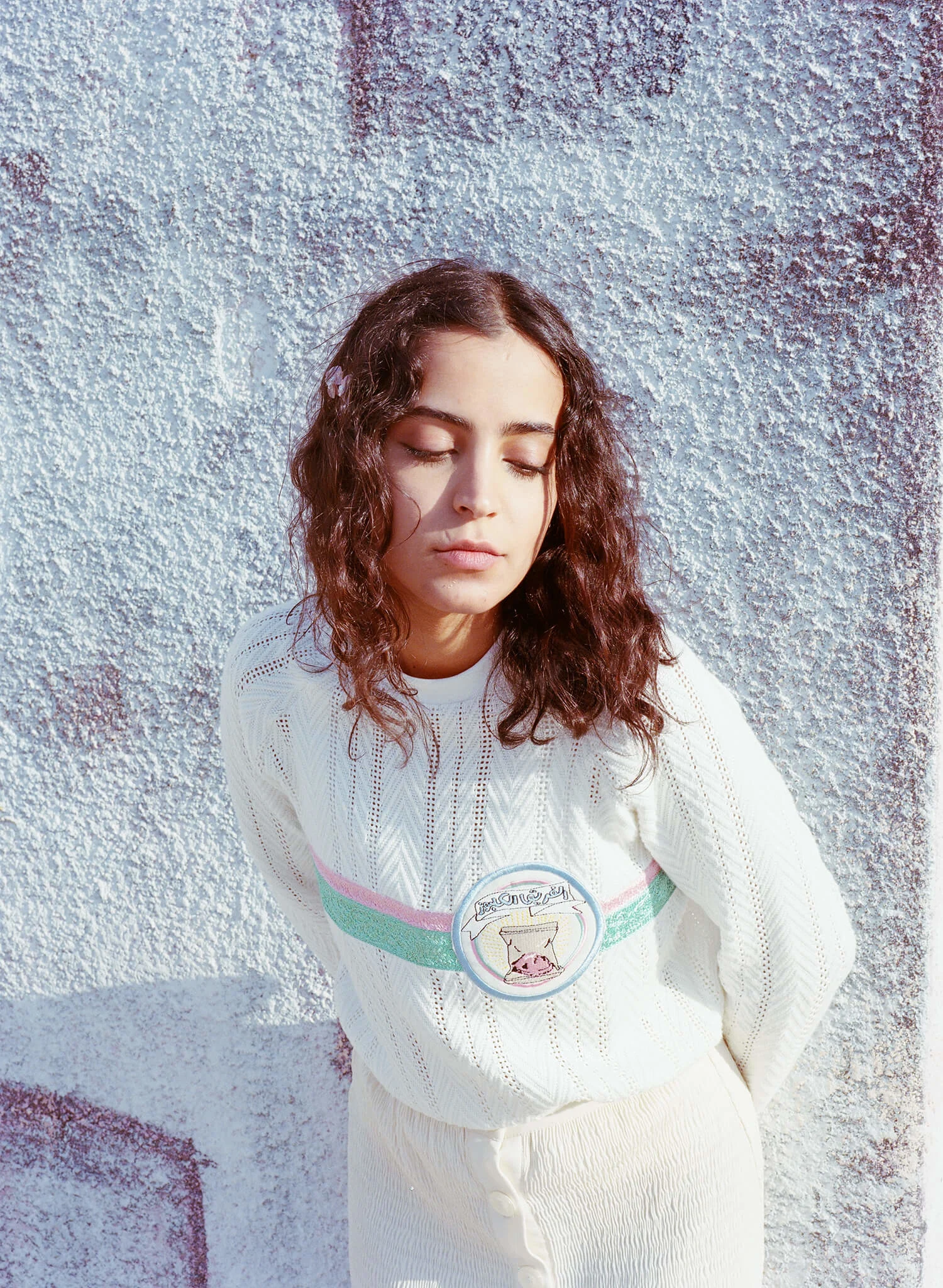
It’s one thing to empower the women but it’s another to change the man’s opinion too.
For the women, in particular, many of whom can’t work from outside their homes due to the socio-cultural norms so prevalent in the Middle East (statistics estimate that only 24 percent of women in Arab countries work outside the home), to be given the opportunity to work and create in this way can have a massive impact on their self-esteem, as well as on their day to day lives and in turn, on the society at large.
“Once they start producing and giving their work in, they’re shocked to hear how good the pieces are,” she tells me. “One of the tailors was doing the embroidery for me and her self-esteem was so low that whenever I’d say, ‘This is amazing!’ She’d be like, ‘really?’ She couldn’t believe it. It’s so sad because so many of these women have the biggest potential and are so capable and often are stronger than their husbands yet they’re sometimes put down. To work is the biggest way of confirming their strength.
“Observing the women and their confidence boosts within a month,” she continues, “you see them change completely. And at the end of the day we all have that,” she says, referring to the imposter syndrome that plagues many the world over, and has been shown to be more prevalent in women.
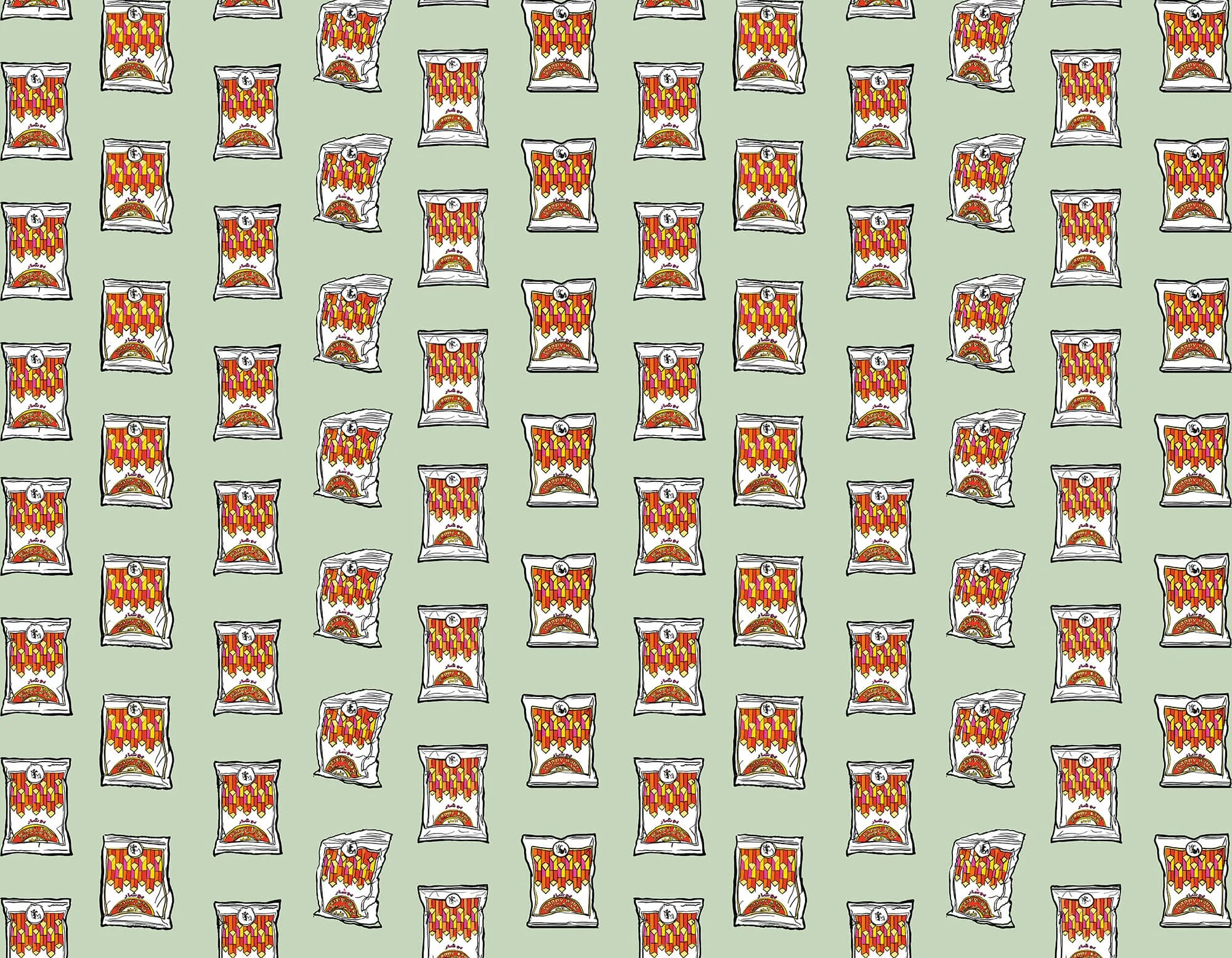
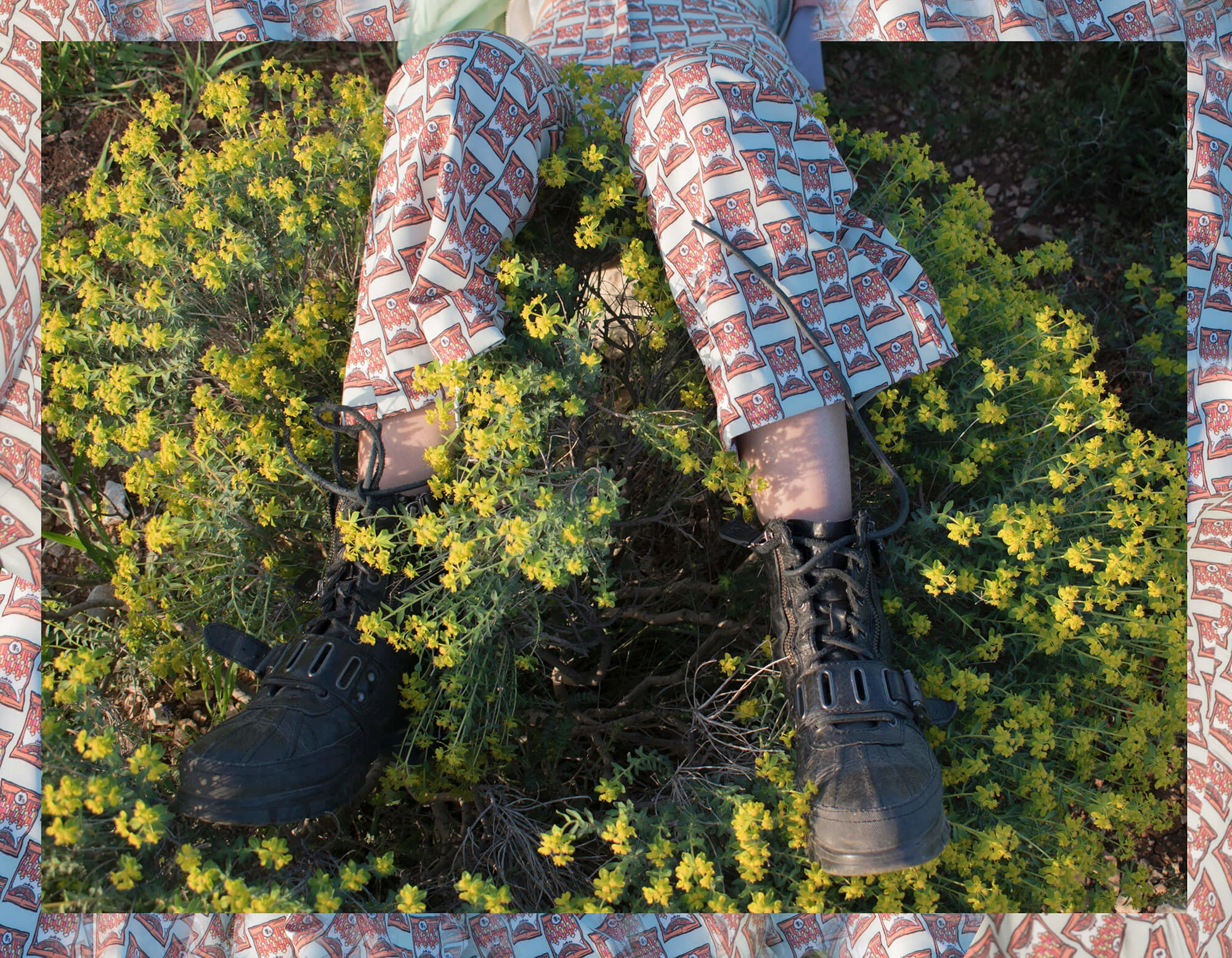
“When I first started the brand, I was so unsure of myself, but once people start to buy and you get good feedback, you start to have the confidence that you need. When Arab women who perhaps have not experienced this feeling before , it’s important, I think.”
The importance of having faith in yourself and your abilities, and the impact that contributing to a household can then have on society at large is something that Tania stresses, explaining how this allows the women to start having more of a say at home. This in turn contributes to them making decisions for the household.
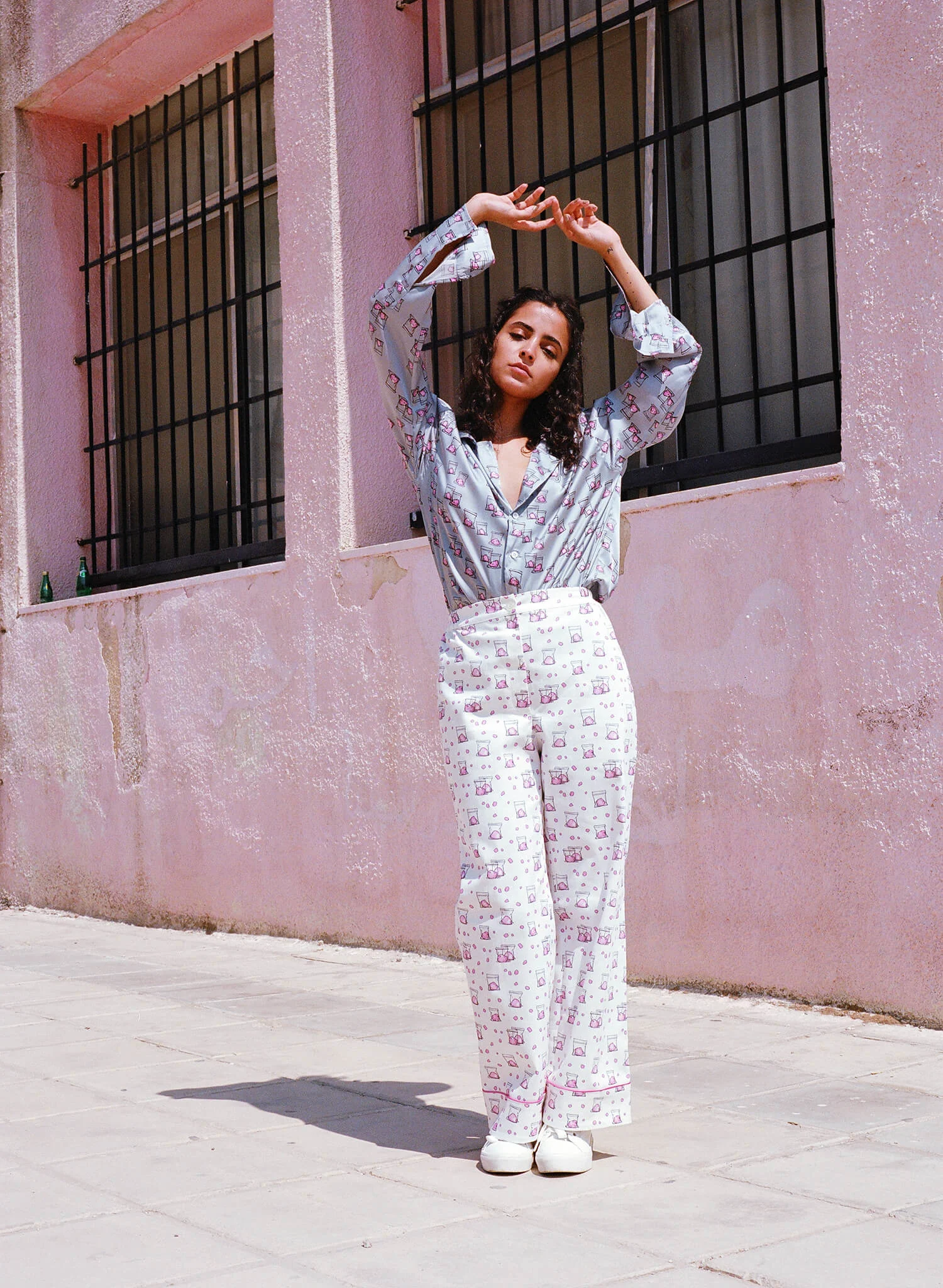
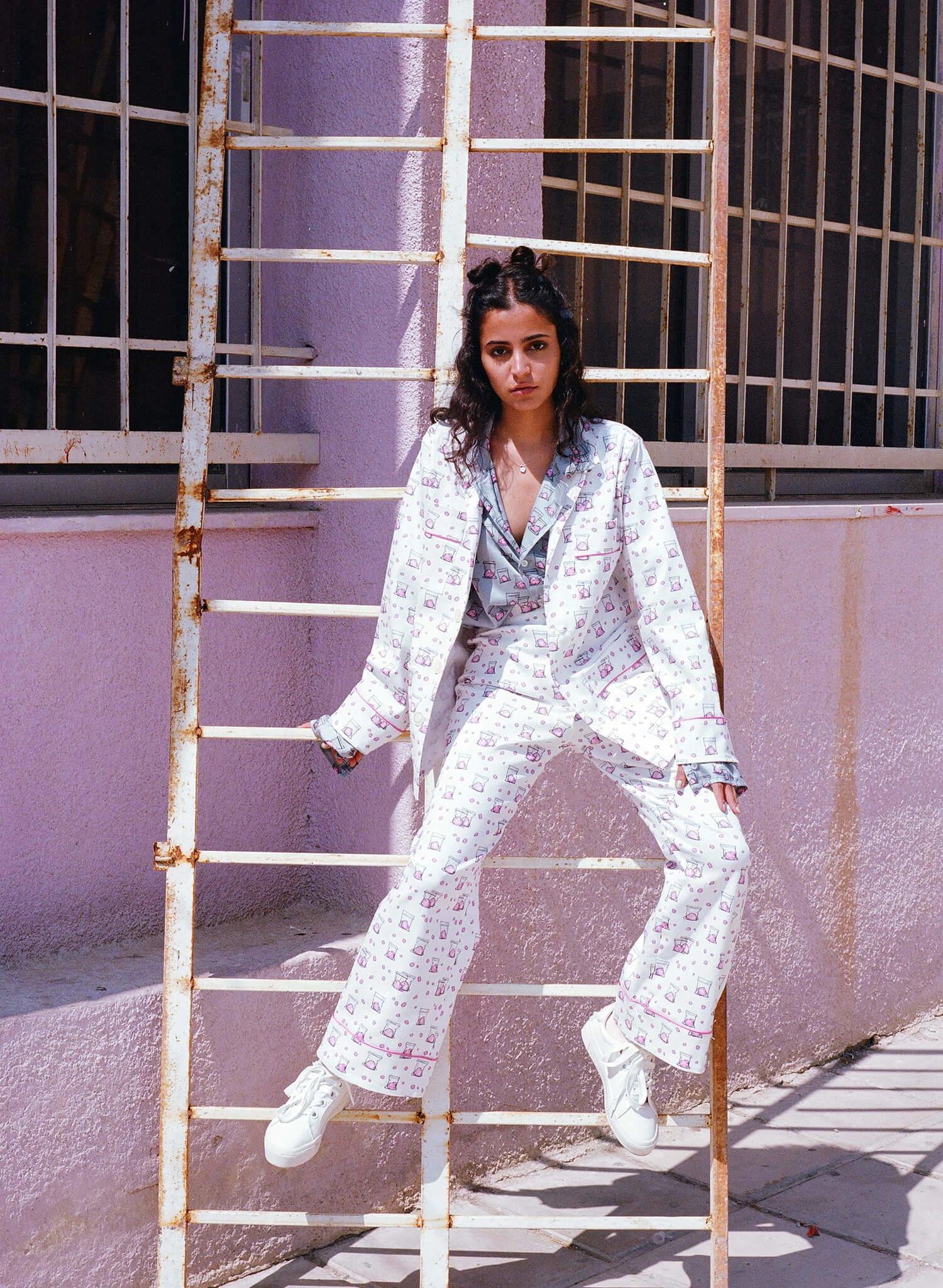
Indeed, being provided with alternative narratives and ways of living can also play a part in dismantling old patriarchal notions. Tania tells me how the Syrian tailor she works with, over time, also began to change his viewpoint when it came to the aspirations and expectations he holds for his wife, sisters and daughter.
“My Syrian tailor has to care for his mum, two sisters, wife and two kids, and they all live in one house,” she says. ‘When I first met him, I would ask him questions to try and understand his mindset - if his wife wanted to work, for example - and he would say, ‘No, my wife will never work, I will never let her.’ Recently, though, I was so proud because he told me how he was wrong, and how he now believes that it’s important for women to have experiences outside of the house and to be more exposed to being alone.
“He told me how he plans to teach his daughter to travel and be more independent,” she says, beaming. “In my four years that was what made me the happiest. It’s one thing to empower the women but it’s another when you change the man’s opinion too.”
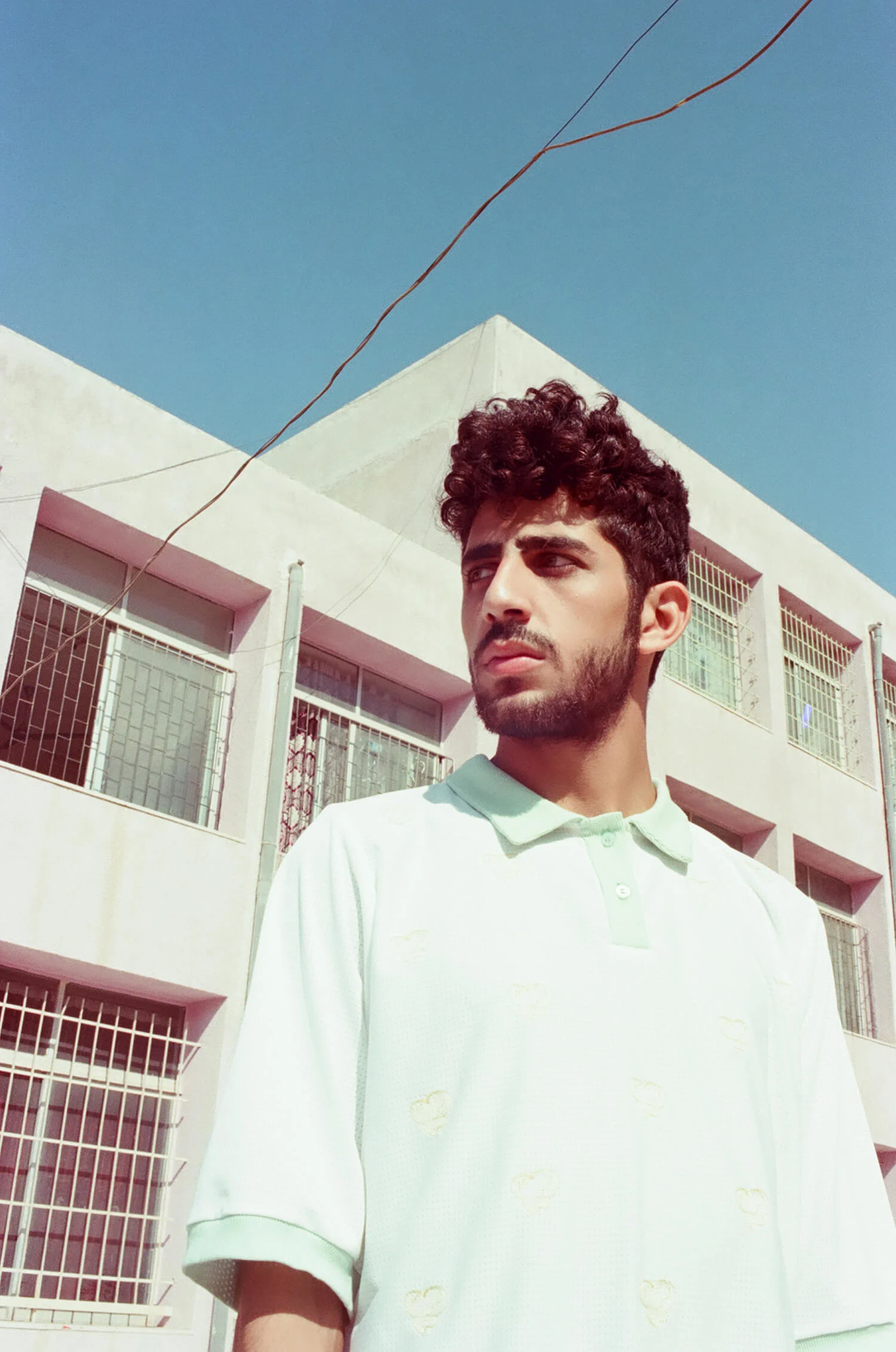
As for the future of her brand Tania plans to continually grow bigger and better. “I’m always going to be inspired by Jordan,” she explains. “I’m still documenting a lot of change at the moment and with each collection I’m learning how to develop my prints and my strengths as well as how to dissect my inspiration.”
“Whatever I feel, I’m going to do,” she adds. “I’m not going to limit myself. At the moment, I’m getting all my inspiration from Jordan. It’s my love and right now it’s just coming and coming.”

